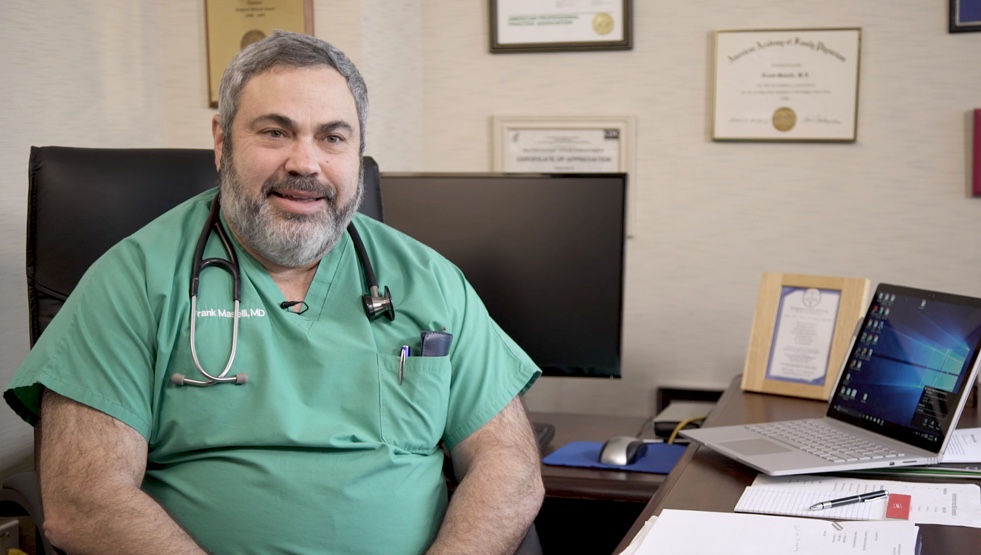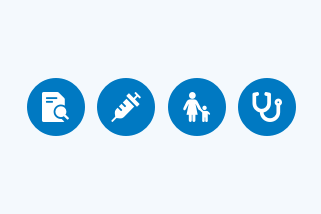
Innovation in How We Pay for Care
Anthem was one of the first to fully embrace the need to shift to a value-based model and we are continuing to lead the industry in developing innovative, integrated, community-based, value-based care solutions. More than 60 percent of all Anthem dollars spent on healthcare are in value-based arrangements, which reward value for delivering improved outcomes, quality and reduced costs. When we include efforts underway in collaboration with our BlueCross BlueShield Association partners, Anthem has value-based models in more states, with more care providers and benefitting more consumers than anyone else in the industry.
One of Anthem's most successful value-based care programs is called Enhanced Personal Health Care. Since its launch in 2012, the model has set the industry standard, supporting patient-centered primary care with millions invested in enabling and rewarding high-quality, efficient total care. And, it continues to grow. Last year, participation rose to 77,000 care providers and 9 million consumers across all lines of Anthem business.
James Kesler, MD, a physician at Associates in Family Medicine, in Fort Collins, Colorado, is one of those participating healthcare providers. "For the longest period of time it's been fee-for-service," he says. "You come to the doctor, and you have a problem; we solve your problem; 'Next.' Now I think that we're doing a better job of keeping people healthy. That paradigm shift—it's a huge deal."
Providers who participate in Enhanced Personal Health Care receive up-front clinical coordination payments to offset required investments in clinical quality staff and population health management tools and can also earn a performance bonus in recognition of high-quality, efficient care.
For many, this payment arrangement has been crucial to their growth and success. One such medical group, Riverdale Family Practice in the Bronx, N.Y, has gone from caring for 800 patients under Enhanced Personal Health Care in its first year to managing the health of 2,400 patients today while adding two physicians, and two more employees working on quality of care. "All in all, I think it's been a great, successful program," says Riverdale physician Frank Maselli, MD.
What really makes participation worthwhile for providers isn't just what it does for their practices, however—it's the way it has helped their patients through a team-based approach to care. Participating providers leverage Enhanced Personal Health Care tools to access to a range of clinical and performance reports that support them in targeting costly gaps in care, waste and overuse, while also delivering evidence-based preventive care to patients.
"I really think it gave us a vehicle to actually practice the type of medicine that we see makes a difference," Dr. Kesler adds about Enhanced Personal Health Care. "It's very simple. It's made my job easier, and it's kept my patients healthier."

